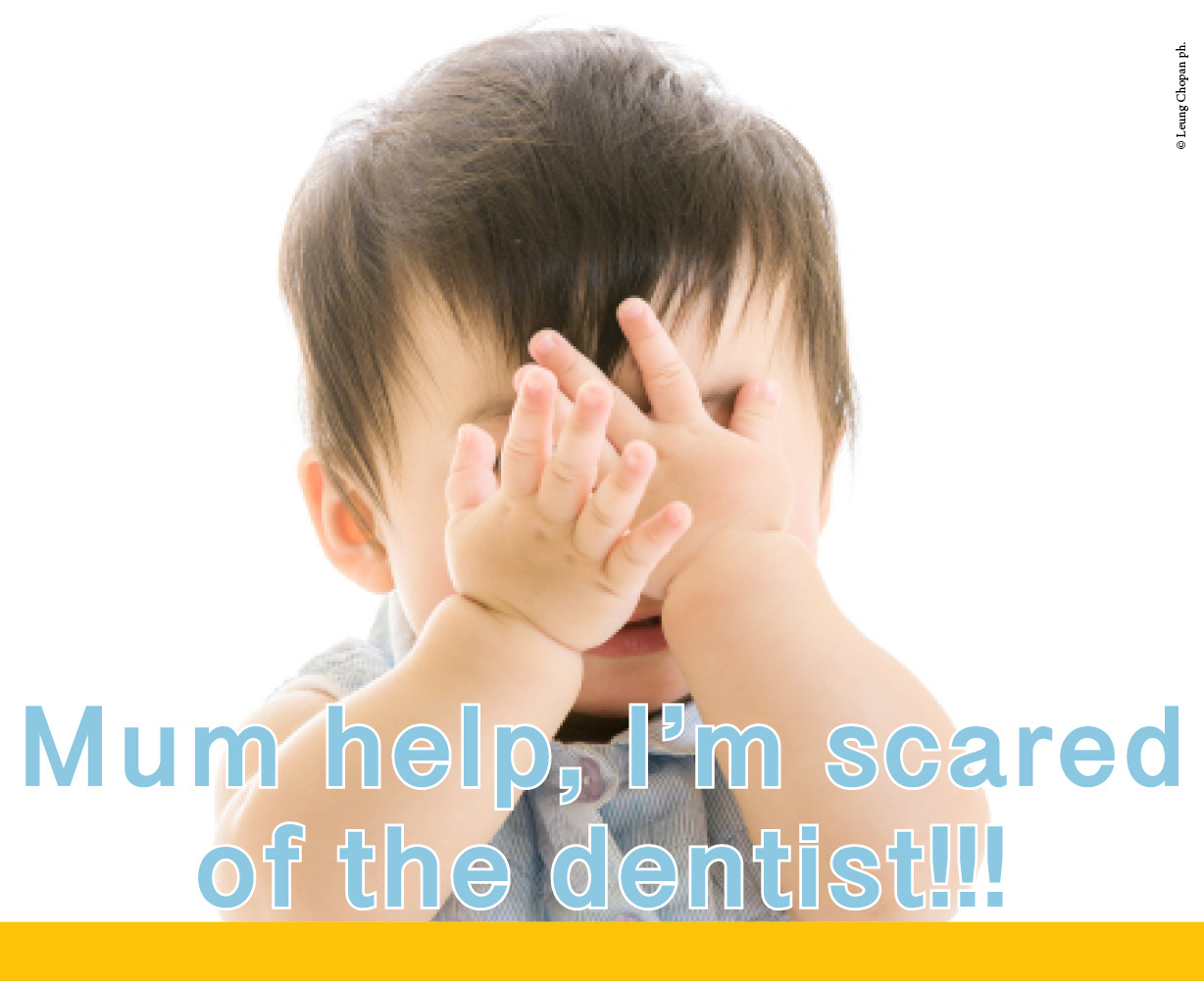
Doctor Pamela Parolin, specialized in Pediatric Orthodontics at the Centro Ortodontico Vicentino tells us why most of them are afraid of the dentist and how we can deal with this fear.
Being scared of the dentist is very common as we are all scared of the unknown.
However, if this innate feeling is combined with anxiety linked to a previous negative dental/medical experience, what happens is that children respond to therapies in a negative way. Moreover a wrong parental behavior can have a bad influence since they often transmit their fears related to treatments to be faced by their kids.
Their developed capacity for imagination, especially if influenced by stories of negative experiences told by parents, can lead them to a new version of the unknown, thus originating a strong emotional stress. This stress could makes babies scared of the dentist.
Fear often emerges when they feel a lack of control or a potential painful experience, especially if they are aware of having a dental problem.
But how should we proceed when our young patients do not want to cooperate? How can we get them ready for a dental appointment? Here are some pratical tips:
In this delicate approach, the pediatric dentist is the most important person and the one who accompanies kids throughout the entire path. He is adequately trained and specialized and is able to choose the best approach based on their development level and their predisposition to therapy. Furthermore he’s able to evaluate temperament and predict their reply to dental treatments.
Each kid reacts to the dentist’s communicative and behavioral methods in a different way: tell-show-do, positive support, non-verbal communication, distraction etc.
This is when the specialist’s skills come out and become extremely important: choosing the best method in order to decrease fear and anxiety and reassure the kid in front of him.
In most difficult cases and surgical interventions, it is possible to associate these methods to specific pharmacological anxiolysis procedures. An example is the nitrous oxide. It is a non-toxic gas whose effect immediately runs out after the detachment of the mask. This technique has the goal to destroy anxiety, stress and vomit reflex.
Nowadays a relaxed dental experience is possible. So keep in mind all these aspects when you choose the dentist for your kids and you will see how easy it will be to make them jump “on the magic armchair which goes up and down!”
With these simple advice they will no longer be scared of the dentist.
READ ALSO: